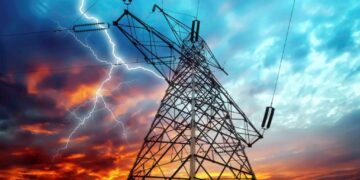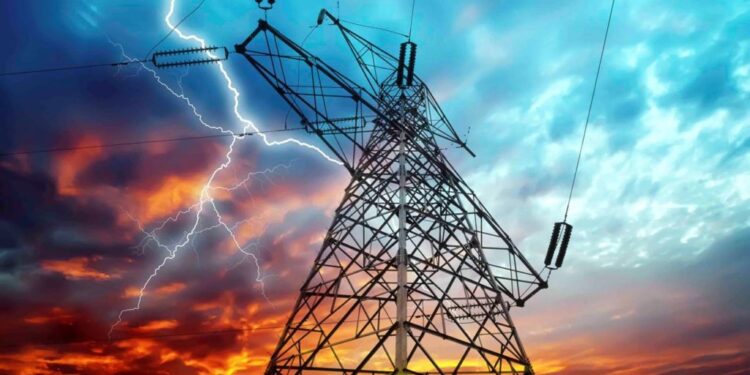The Institute for Energy Security (IES) has issued a scathing critique of recent statements made by the Electricity Company of Ghana (ECG) regarding the stability of the country’s power supply. The IES argues that these assertions are misleading and fail to align with the reality of ongoing power outages experienced nationwide.
Specifically, the IES challenges the ECG’s claim of a “stable national power supply” and asserts that such stability cannot be claimed amidst widespread outages. The IES also highlights the fact that the ECG has received less than 85% of the required power from Ghana Grid Company Limited (GRIDCo) since the beginning of the year, undermining the notion of consistent power supply.
The IES expresses concern over the silence of GRIDCo, the entity responsible for managing grid stability and power supply, noting that this lack of communication only adds to the uncertainty surrounding the situation.
To address these issues and bring transparency to Ghana’s power sector, the IES has put forth four demands:
- GRIDCo must break its silence and provide information to the ECG regarding the quantum of power available within a specified timeframe. This information is crucial for the ECG to effectively plan its load response and develop a timetable for power supply.
- The ECG must manage its load based on the power made available by GRIDCo and ensure effective revenue mobilization for full cost recovery. This includes implementing measures to address issues such as power theft and non-payment of bills.
- The Public Utility and Regulatory Commission (PURC) must audit the upstream segment of the power sub-sector, particularly GRIDCo, and examine export sales by the Volta River Authority (VRA). This broader oversight is necessary to assess the overall performance and accountability of the power sector.
- The Minister of Energy and the government must refrain from political interference and allow the ECG to fulfill its mandate independently. Cooperation between the ECG and GRIDCo is essential to develop a reliable load-shedding timetable and address the current energy crisis.

































